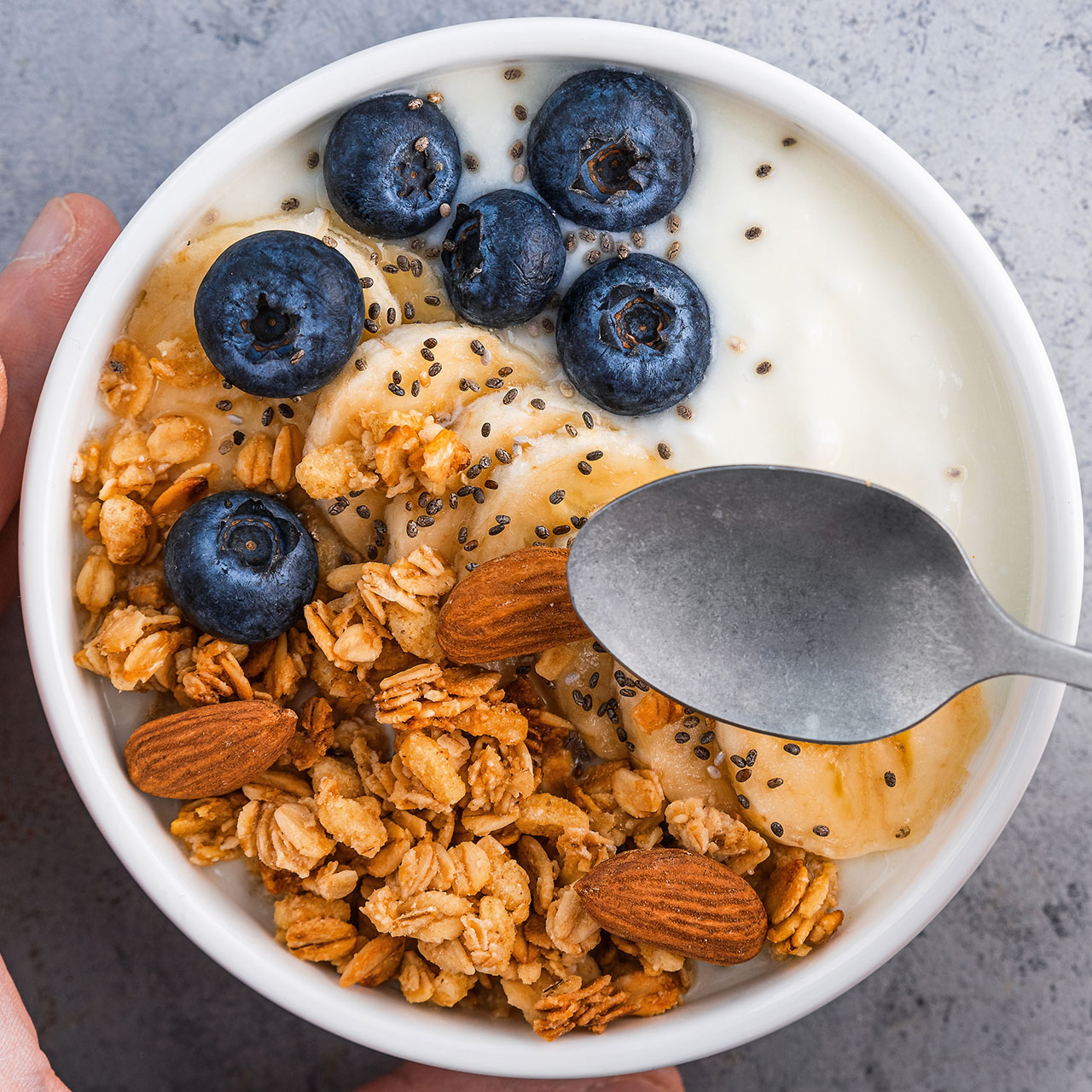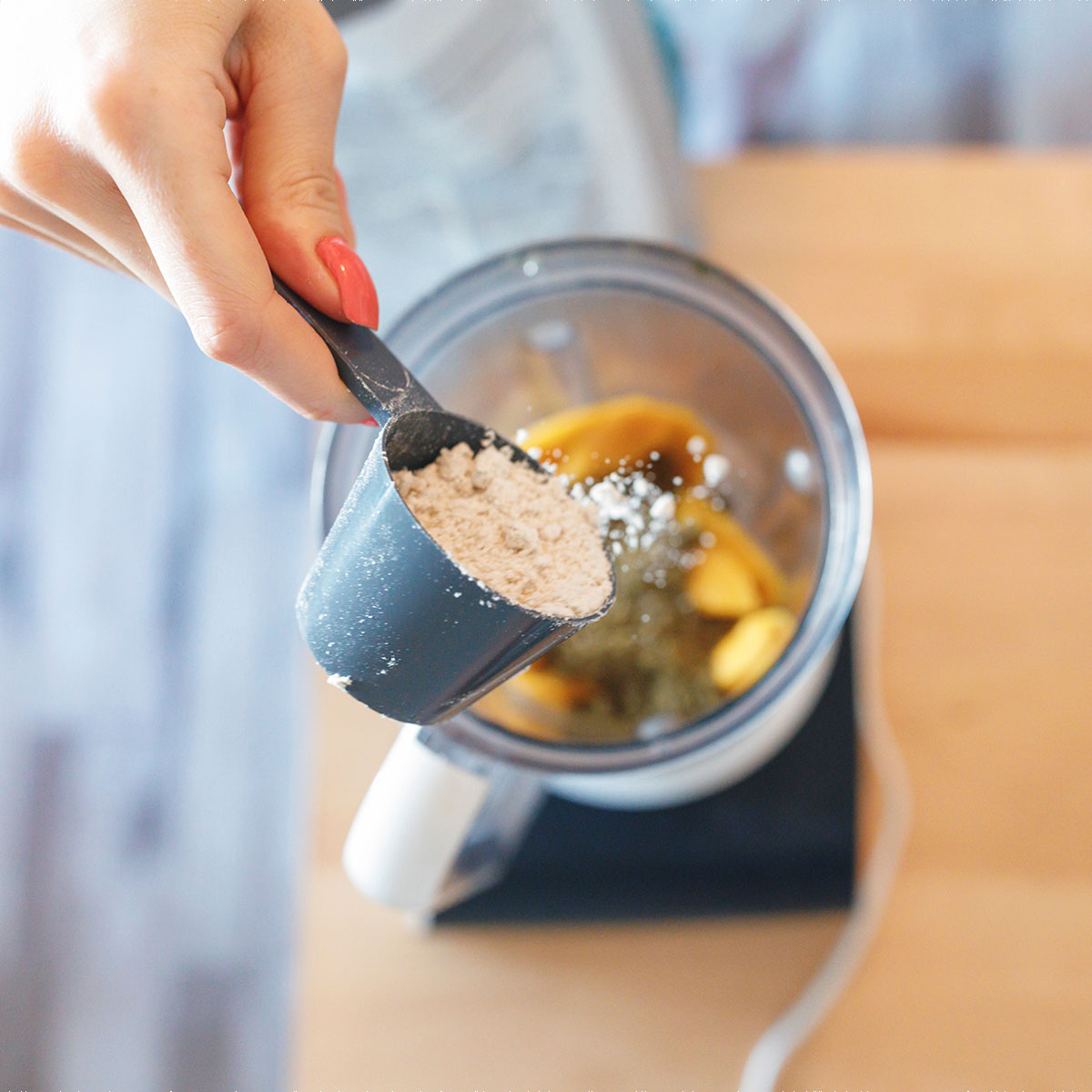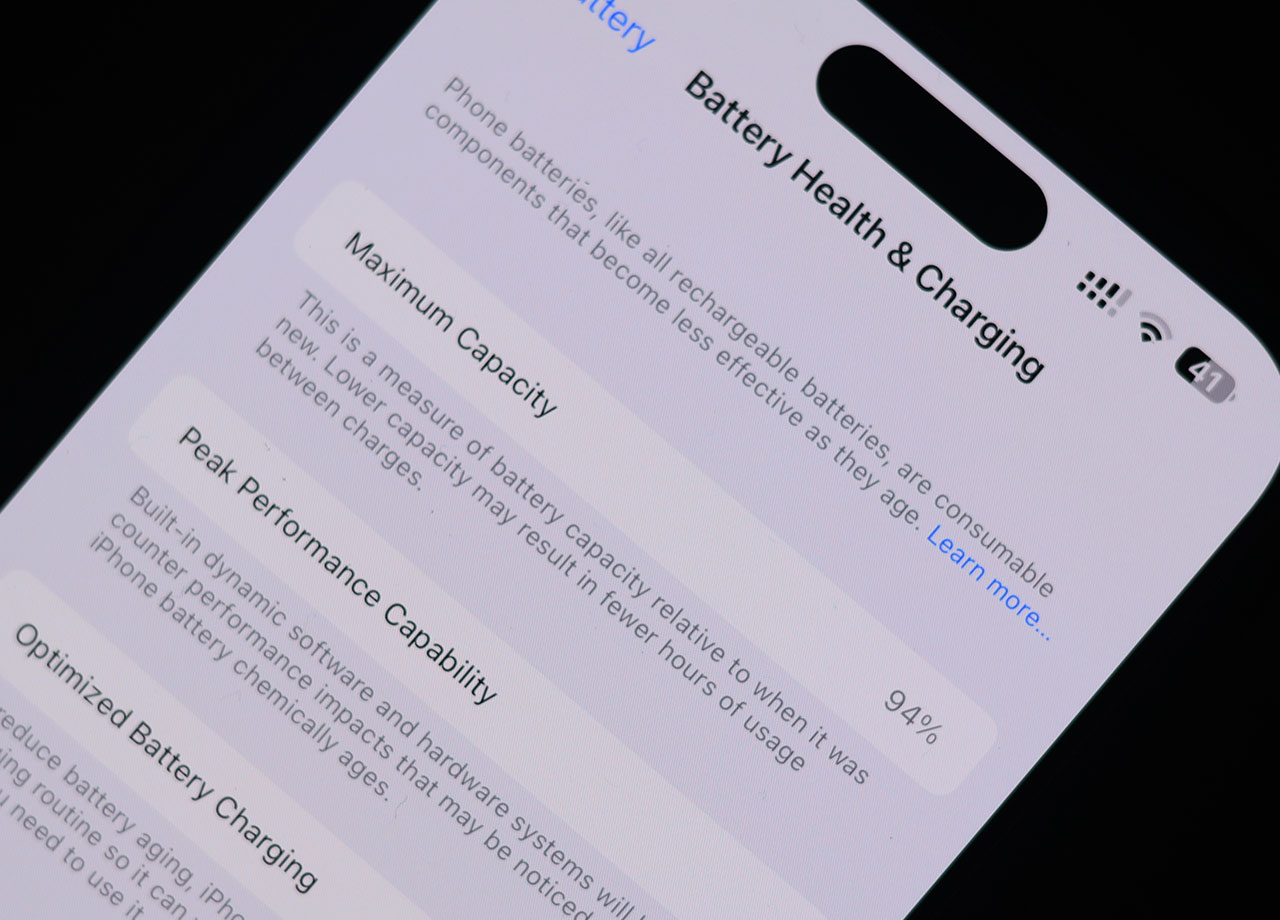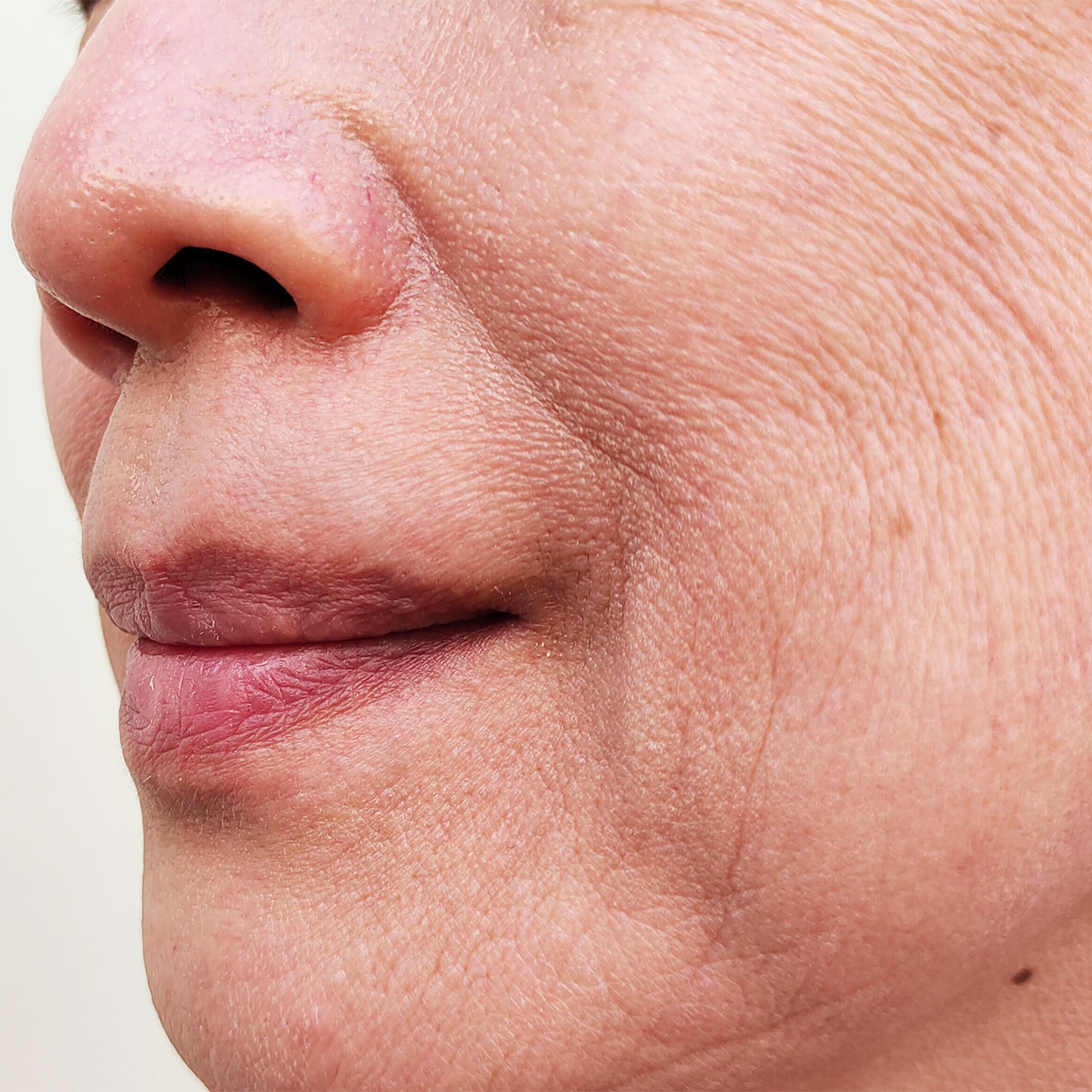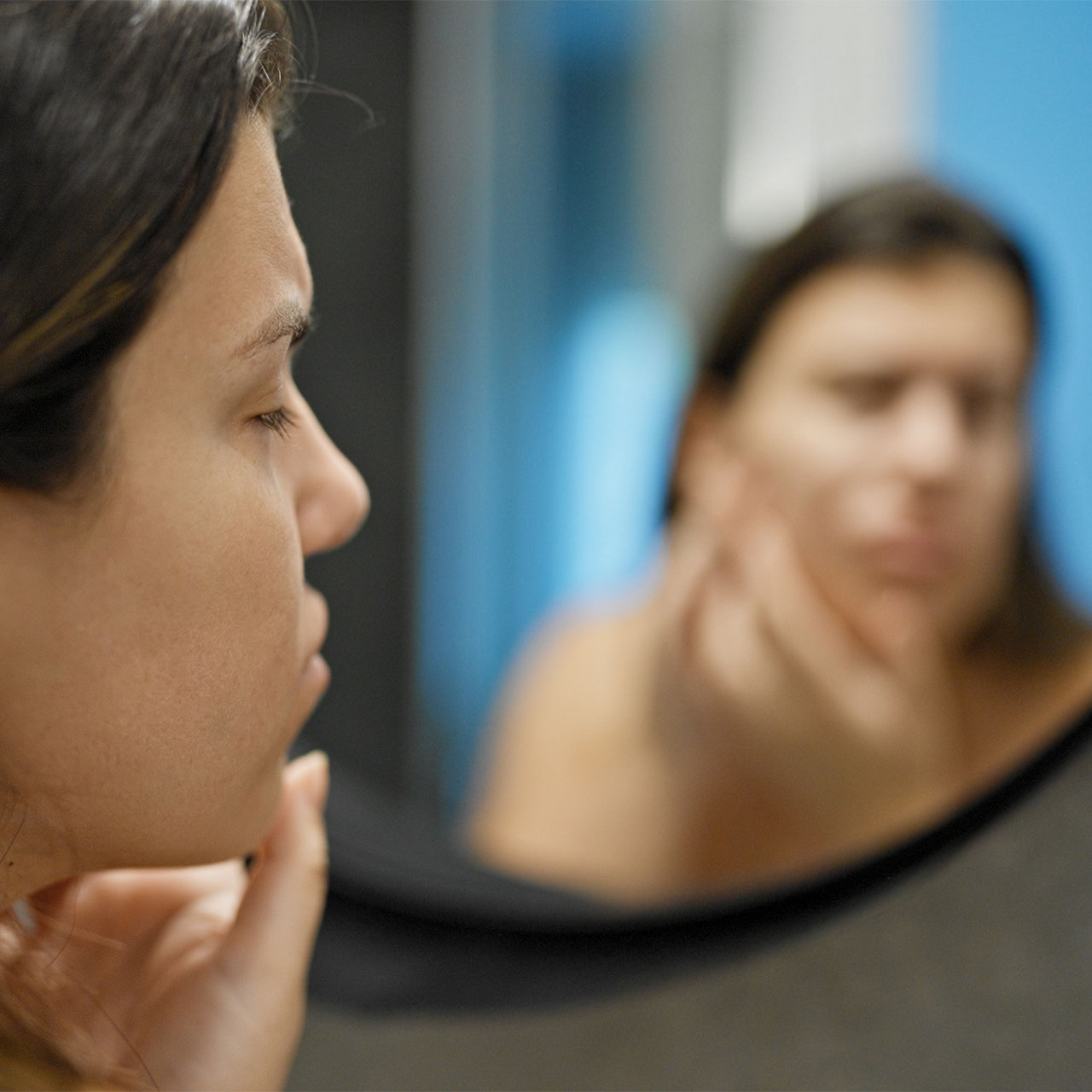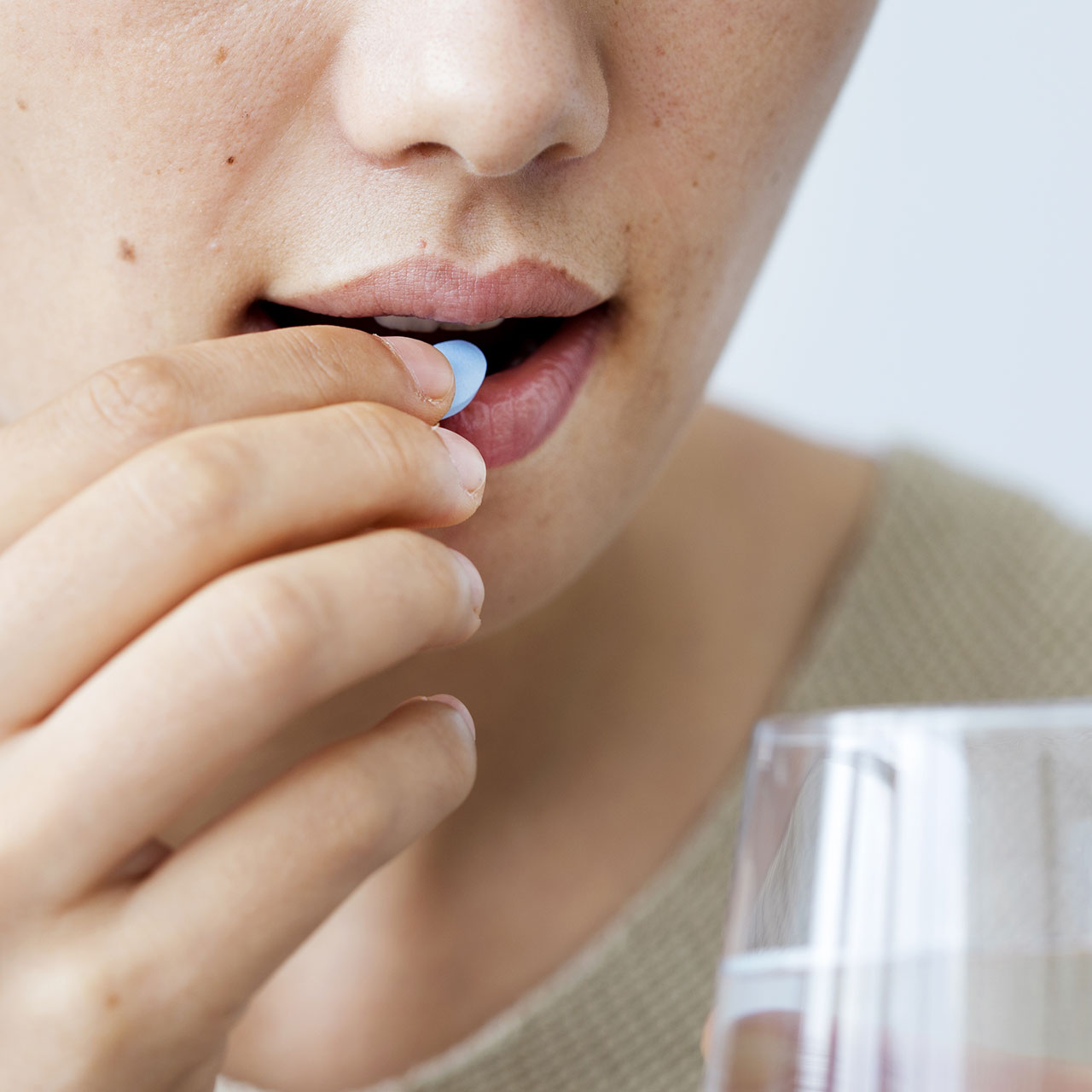A truly great skincare product can do a number of things: banish acne-causing bacteria, reduce redness, and even boost collagen to help minimize fine lines and wrinkles. But you won’t hear anyone ever say: “what a great product — it totally dried out my skin and I’m grateful for that!” Unfortunately, some skincare ingredients do just that: they are too harsh for dry skin types and can even take oily and combination skin types and do a number on them (remember: the goal with oily or acne-prone skin isn’t to create dry, parched conditions, which can actually cause more acne — it’s to balance skin).
Paying closer attention to the ingredients that are in your skincare is important to avoid drying out your skin. If you see this ingredient in your cleanser or exfoliator, run for the hills (or, at the very least, choose something else).


SLS-Filled Harsh Soaps
SLS, or sodium lauryl sulfates, are surfactants that also go by the simple name: sulfates. They’re commonly added to soaps and cleansers because they create a satisfying lather than many of us associate with “clean.” These SLS’s tend to make soaps more harsh and drying because they strip skin of its natural oils, leaving you with more parched skin.

Your skin should never feel super tight after a wash. If it feels this way, check the ingredients of your cleanser to make sure it doesn’t contain sulfates. Other drying ingredients to be on the lookout for in cleansers include salicylic acid, benzoyl peroxide, and even fragrance.
Depending on your skin type and skin concerns, an ingredient like salicylic acid could work wonders and help banish acne. But on dry or sensitive skin types, the same ingredients you might otherwise praise could have an extremely drying effect.
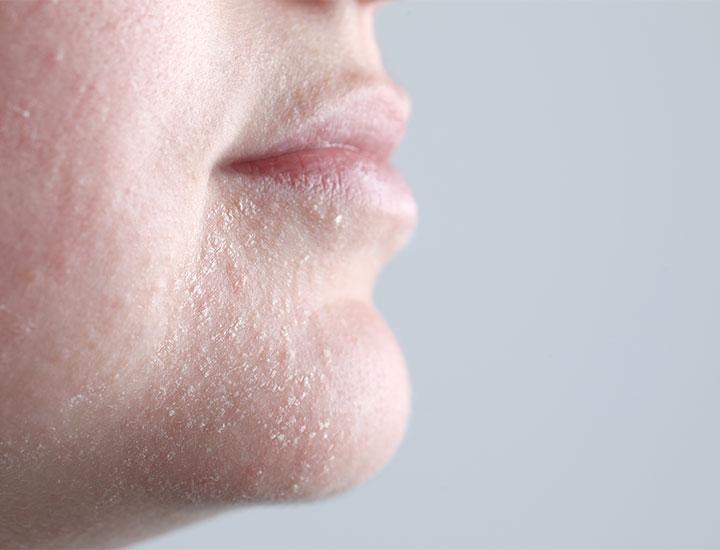
Use This Instead: Urea
One of the best ingredients you should look for if you have dry skin is urea, according to Dr. Dray. Urea is a humectant that pulls water from the atmosphere into the top layer of the skin, which improves moisture retention and smoothens out your skin. It also breaks up the “glue” between dead skin cells to help facilitate its turnover and shedding. This can help improve skincare texture long-term. You can find urea in several moisturizers, including those for the areas of your body that get really dry, like hands and feet.

Use This Instead: Ceramides
Another great ingredient for dry skin is ceramides, Dr. Dray says. Ceramides are part of the natural skin barrier. They boost the integrity of the moisture barrier of your skin and help keep irritation and infection out. People with eczema sometimes have a deficiency in ceramides, according to Dr. Dray, and over-exfoliating can also affect this. Luckily, you’ll find a number of facial creams that contain ceramides.

Use This Instead: Petrolatum
Nothing compares to petrolatum when it comes to pulling water into the skin and creating a barrier that helps seal in water and
heal your skin, according to Dr. Dray. But this thick ingredient tends to cause a little confusion in the skincare world. Dr. Dray says it has been recommended for many decades to help heal skin conditions. You’ll see it incorporated into some moisturizing creams, or your can use something like Vaseline to spot remedy dry skin and reducing water loss in these areas. And Dr. Dray says it’s a “myth” that petrolatum clogs pores.
Some of the ingredients in cleansers and other skincare products can prove drying and irritating, and for that reason it’s important to read labels. Choose products that instead contain nourishing ingredients that are known for sealing in moisture and making your skin look and feel more healthy.



